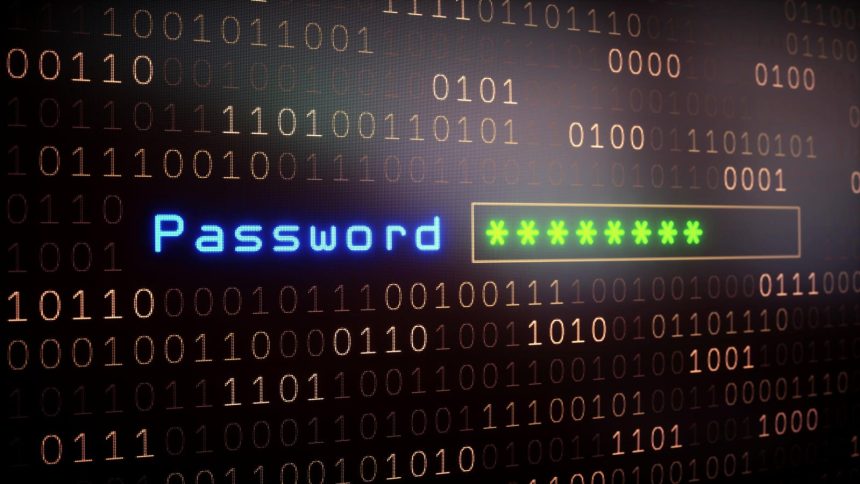The digital age continues to grapple with the persistent challenge of password security. While passkeys offer a promising future, the present reality remains tethered to the vulnerabilities of traditional passwords. Recent research underscores the alarming prevalence of weak and easily compromised passwords, highlighting the urgent need for users to adopt more robust security practices. The convenience of simple passwords continues to outweigh security considerations for many, painting a bleak picture of the cybersecurity landscape. This necessitates a renewed focus on educating users about the importance of strong passwords and the severe risks associated with weak credentials.
A recent analysis of password usage data, conducted by security researchers at anyIP, reveals a disconcerting trend. Leveraging research from NordPass, which identified the 200 worst passwords of 2024, anyIP’s study exposes the widespread use of incredibly weak passwords. Topping the list is the unsurprisingly predictable “password,” followed by variations like “qwerty123,” “qwerty1,” and “123456.” While the study includes region-specific examples, the underlying pattern of weak password choices remains consistent globally. This emphasizes the universality of the problem and the need for a global effort to improve password security practices.
The implications of these findings are significant. As Khaled Bentoumi, co-founder of anyIP, points out, hackers utilize increasingly sophisticated tools that can exploit weak passwords within seconds. Using such easily guessable passwords is analogous to leaving one’s front door unlocked, inviting potential intrusion. The persistent preference for convenience over security reflects poorly on both the cybersecurity industry and those responsible for communicating security best practices. A more effective approach to user education and awareness is crucial to bridging this gap and fostering a stronger security culture.
Delving deeper into the analysis, anyIP researchers employed a calculation based on data from 2019 to 2024, quantifying the frequency of each password’s use in attacks. This methodology revealed several particularly vulnerable passwords. The numeric sequence “123456” stands out as a glaring example, appearing in a staggering 112 million attacks. Its ease of recall and typing contributes to its widespread use, making it an easy target for automated hacking tools. Similar patterns emerge with “123456789” and “12345,” appearing over 50 million and 36.5 million times, respectively. The researchers highlight that nearly half of the most frequently used passwords globally consist of simple keyboard patterns, underscoring the prevalence of this easily exploitable vulnerability.
Another persistently problematic password is “password” itself. Despite its obvious weakness, it consistently ranks among the most popular choices across various countries. In the United States, it holds the third spot, while in the UK and Australia, it claims the top position. Equally alarming is the popularity of “qwerty,” the most common password in Canada, Lithuania, the Netherlands, Finland, and Norway. The continued reliance on these easily guessable passwords, despite repeated warnings, points to a critical failure in effectively communicating the importance of strong password practices.
In light of these findings, users must take proactive steps to mitigate the risk of password hacking. Transitioning to passkey-based login systems, wherever available, is highly recommended. Passkeys offer a significantly more secure alternative, being virtually impossible for hackers to guess or intercept. Their random generation and localized storage eliminate the vulnerability of shared credentials during the sign-in process. A simple demonstration at Passkeys.io can illustrate the ease of use and security benefits of this technology.
For scenarios where passkeys are not yet available, employing a robust password manager is crucial. Password managers can generate strong, complex, and unique passwords, eliminating the risks associated with weak or reused credentials. The principle of uniqueness is paramount; never reuse passwords across different accounts. While reusing a password like “password” or “qwerty123” would be catastrophically insecure, the same principle applies to even moderately strong passwords. Reusing any password creates a single point of failure, allowing a breach of one account to potentially compromise others. Therefore, unique, randomly generated passwords are the cornerstone of effective password security in the current landscape. These practices, coupled with a shift towards passkey adoption, are essential for navigating the evolving threat landscape and safeguarding digital identities.



